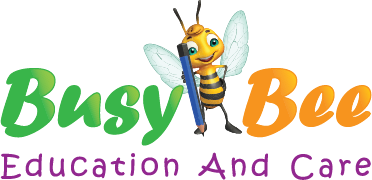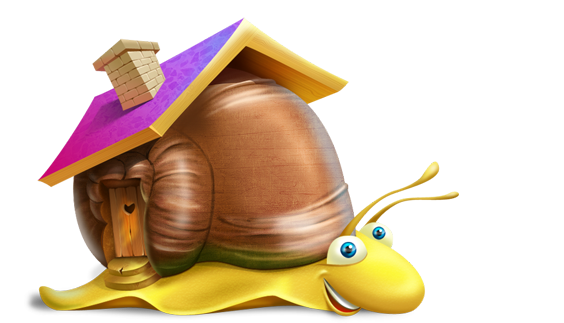- Home
- Educational Programs
Educational Programs
At Busy Bee, we are dedicated to providing quality learning programs for your child, revolving around play-based learning and child-led experiences. Our educators observe each child focusing on their interests and emerging capabilities, creating a program which will support each individual child. Our unique programs include; teacher-initiated activities and opportunities for intentional teaching, providing the best possible learning journey for your child. Parents are kept updated on a regular basis about their child’s progress through a digital media platform.
The program follows the guidelines set out in Belonging, Being and Becoming: The Early Years Learning Framework, with the aim of extending and enriching children’s learning from birth to five years as well as, their transition to school.
Educators complete Learning Stories and Observations for each child, with developmental checklists and Summative Assessments to document your child’s learning journey as they develop and grow with us at the centre. Each of these Learning Stories or Observations are linked to an element of the Early Years Learning Framework, so you can clearly see how your child is developing.
The key outcomes for the Early Years Learning Framework are as follows:
- Children have a strong sense of Identity
- Children are connected to and contribute to their world
- Children have a strong sense of wellbeing
- Children are confident and involved learners
- Children are effective communicators
Educators ensure that children are achieving these learning outcomes by implementing the following practices. These practices are also outlined in the Early Years Learning Framework:
- Holistic approaches: Teaching that recognises the connectedness between mind, body and spirit and how this relates to early education.
- Responsiveness to children: Educators value each child’s strengthens, skills and knowledge to support their motivation and engagement in learning.
- Learning through play: Play provides a supportive environment where children can ask questions, solve problems and engage in critical thinking.
- Intentional teaching: Educators actively promote children’s high-level thinking through the use of pedagogical practices (Scaffolding, modelling, questioning and explaining).
- Learning environments: Indoor and outdoor environments should be flexible and reflect the children and families participating.
- Cultural competence: Build understanding between adults and children to be respectful and open to different cultural perspectives.
- Continuity of learning transitions: Assist children in understanding the traditions, routines and practices of the settings to ease the transition process and to help deal with any changes that may occur.
- Assessment for learning: An ongoing cycle of planning, documenting and evaluating each child’s learning which enables us to support and extend children’s development.
The five Principles of Early Childhood Education and Care guide us as Educators in our approach towards children. As we follow these principles in our practice, we will guide children to progress towards the five learning outcomes. These principles are:
- Secure, respectful and reciprocal relationships
- Partnerships with families
- High expectations and equity
- Respect for diversity
- Ongoing Learning and reflective practices.



